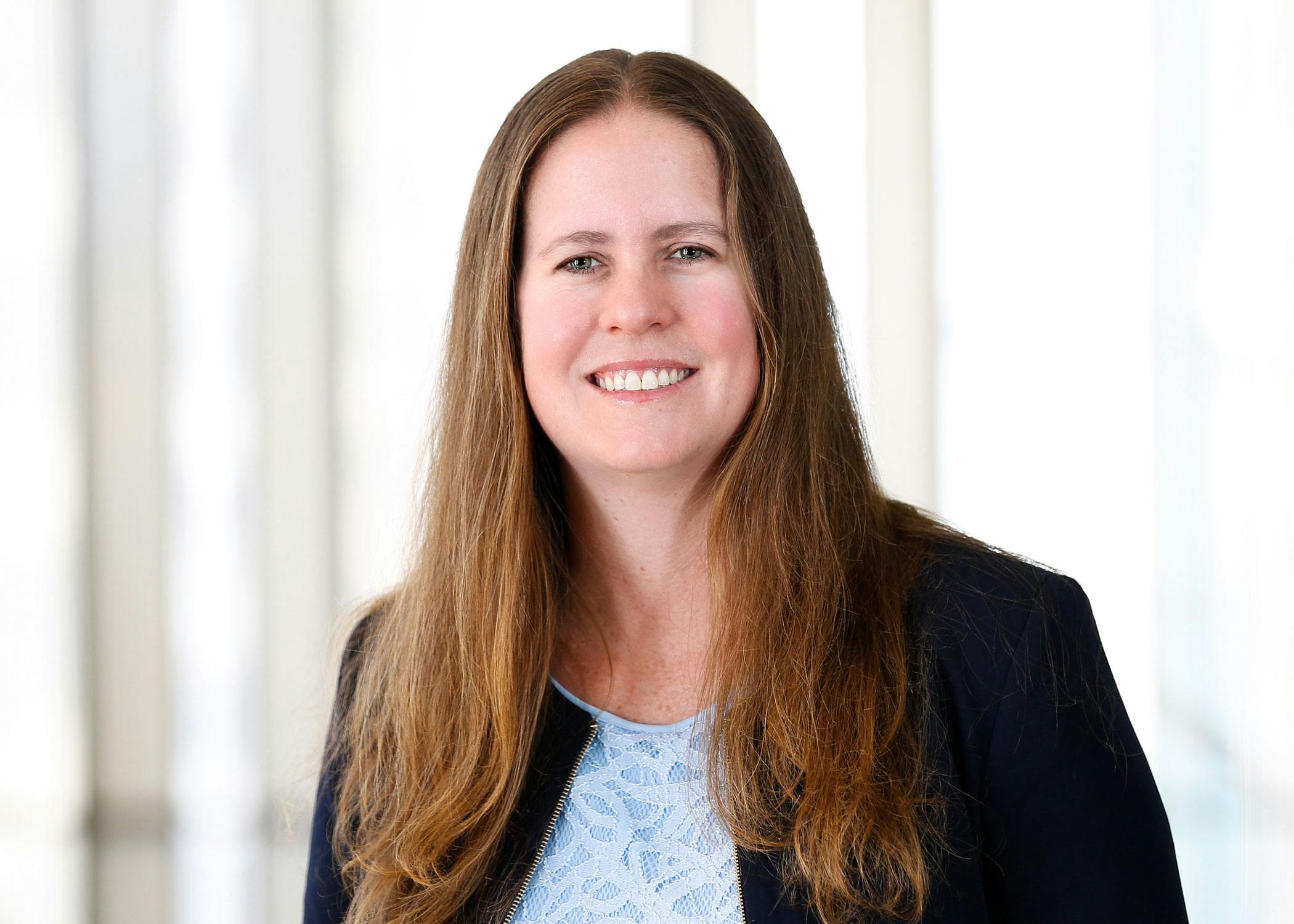New York State enacted recent legislation with groundbreaking measures that reshape how the environmental permits are issued. Aimed at safeguarding disadvantaged communities, the legislation, overseen by the New York State Department of Environmental Conservation (NYSDEC), extends its reach to environmental permits concerning air, stormwater, solid waste, and hazardous waste. The new requirements will apply not only to the review process for new permits, but also in connection with permit renewals and modifications.
The new law builds upon the requirements of New York State’s Climate Leadership and Community Protection Act (CLCPA) enacted in 2019. The CLCPA requires all State agencies, offices, authorities, and divisions to prioritize reductions of greenhouse gas emissions in disadvantaged communities and precludes all State agencies, offices, authorities, and divisions from disproportionately burdening disadvantaged communities when considering and issuing administrative approvals and decisions.
What is a disadvantaged community?
Disadvantaged communities are defined as “communities that bear burdens of negative public health effects, environmental pollution, impacts of climate change, and possess certain socioeconomic criteria, or comprise high concentrations of low- and moderate-income households.” The Climate Justice Working Group, established by the CLCPA, was charged with developing criteria for designating communities as disadvantaged communities. The criteria for identifying disadvantaged communities have not yet been finalized. However, the Climate Justice Working Group issued a draft list of disadvantaged communities, organized by census tract. The public comment period for the draft criteria closed on August 5, 2022.
Under the new law, applicants must prepare a report, known as an existing burden report, that evaluates existing public health and environmental stressors, the projected impact of the project, and the potential benefits of the project. NYSDEC will be foreclosed from issuing the permit if the NYSDEC determines that the project would significantly increase environmental pollution in a disadvantaged community. This may present a potentially significant impediment for some projects proposed in or near disadvantaged communities.
For renewal and modification applications, the existing burden report may be waived if the permit would “serve an essential environmental, health or safety need” of the disadvantaged community.
What are environmental stressors?
Environmental stressors, including climate-related constraints and anthropogenic influences like environmental pollution, play a crucial role in shaping ecosystems. While some natural stressors can yield positive effects for certain individuals, populations and communities, the growing significance of human-induced stressors raises concerns. Anthropogenic stressors, particularly those linked to environmental pollution, increasingly contribute to substantial damage to vital resources crucial for sustaining both human economies and natural biodiversity.
For any permit application, the new law authorizes NYSDEC to impose operational changes to the project aimed at reducing the environmental pollution burden within a disadvantaged community. Since the burden report prepared by the applicant is required to assess operational changes to the project that would reduce the pollution burden, the applicant is given the first chance to identify possible changes to get ahead of the issue. Experienced counsel can help develop compliance strategies.
NYSDEC is required to promulgate regulations and issue guidance for preparing existing burden reports. The regulations and guidance will provide additional clarity and definitions.
The requirement to prepare an existing burden report will not take effect until December 30, 2024.




